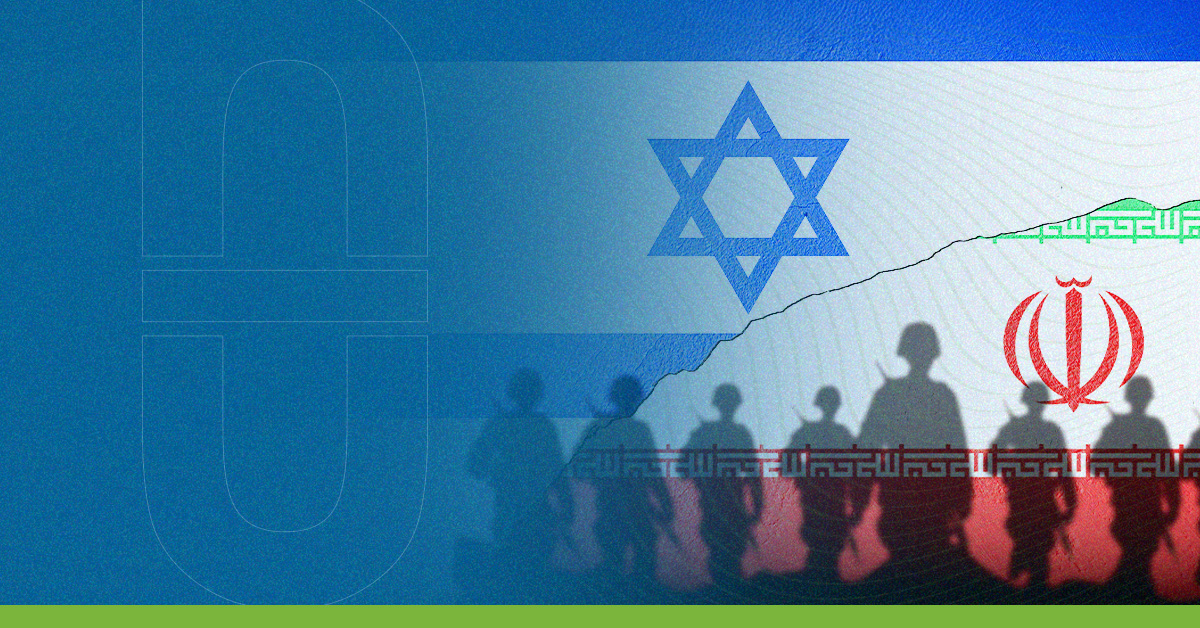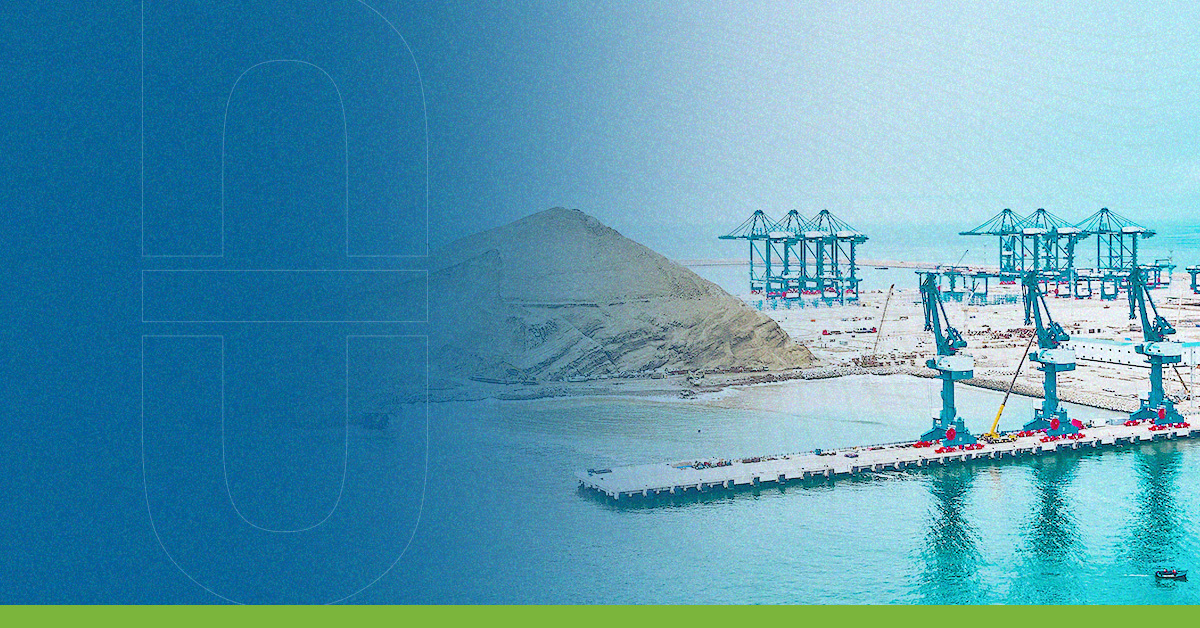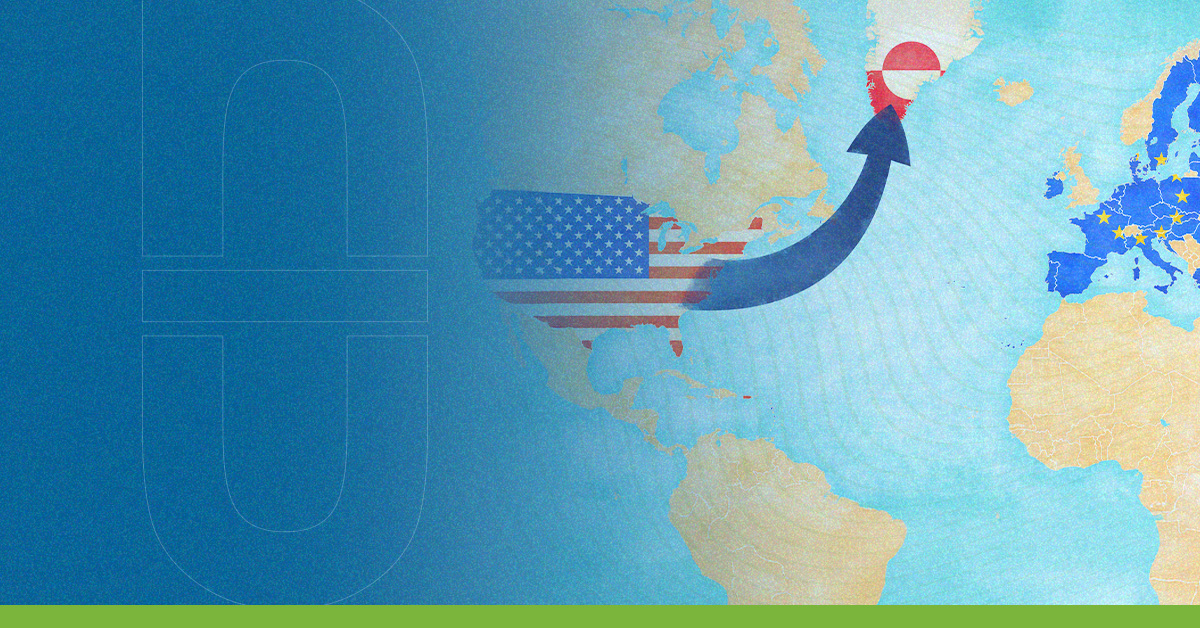The recent ceasefire agreement between Israel and Iran offers a temporary pause in hostilities after nearly two weeks of rising tension. Global maritime trade — particularly through critical routes such as the Strait of Hormuz and the Red Sea — now faces a moment of cautious relief, although uncertainty lingers over long-term stability.
According to Bimco, the world’s largest shipping association, some shipowners had already begun rerouting vessels to avoid the affected zones amid growing safety concerns. The newly announced ceasefire, effective over a 24-hour period and expected to mark the official end of the conflict, may help normalize shipping operations — at least temporarily.
From escalation to ceasefire: economic effects remain
Initiated by a surprise Israeli attack on Iranian military targets, the 12-day conflict disrupted trade dynamics and prompted stricter maritime security. War risk insurance premiums for shipments to Israel tripled in recent days, raising costs significantly.
Despite the ceasefire announcement, shipping risks remain. Recent incidents, including a collision near the Strait of Hormuz and reports of electronic interference with navigation systems, continue to contribute to a volatile security environment.
Jakob Larsen, Bimco’s head of security, highlighted that while the ceasefire is welcome news, the perception of risk won’t disappear overnight. “Shipowners are likely to wait for sustained stability before resuming normal operations in the region,” he said.
Strategic chokepoints still under pressure
The Strait of Hormuz — through which about 21 million barrels of oil pass daily — remains a geopolitical hotspot. Even with hostilities suspended, any perceived threat to this corridor can affect global oil prices and energy security.
Additionally, key ports such as Jebel Ali and Khor Fakkan, essential to transshipment in the region, are watching developments closely. Disruptions to these hubs could result in broader logistical consequences across Asia, Africa, and Europe.
Meanwhile, Israeli ports like Haifa and Ashdod continue to operate under heightened alert. Houthi militia, aligned with Iran, had previously threatened maritime attacks, raising fears of a wider conflict.
While the ceasefire — officially announced by former U.S. President Donald J. Trump — brings relief to markets and global shipping, its success depends on the commitment of both parties to long-term peace. For now, maritime trade stakeholders remain alert, navigating a fragile calm in one of the world’s most strategically vital regions.
Sources
Meredith, S. (2025, 17 junio). Shipping groups are starting to shy away from the Strait of Hormuz as Israel-Iran conflict rages on. CNBC. https://www.cnbc.com/2025/06/17/israel-iran-shipping-groups-shying-away-from-the-strait-of-hormuz.html
Jazeera, A. (2025, 17 junio). Ships collide in Hormuz Strait in shadow of Israel-Iran war. Al Jazeera. https://www.aljazeera.com/news/2025/6/17/ships-collide-in-hormuz-strait-in-shadow-of-israel-iran-war




